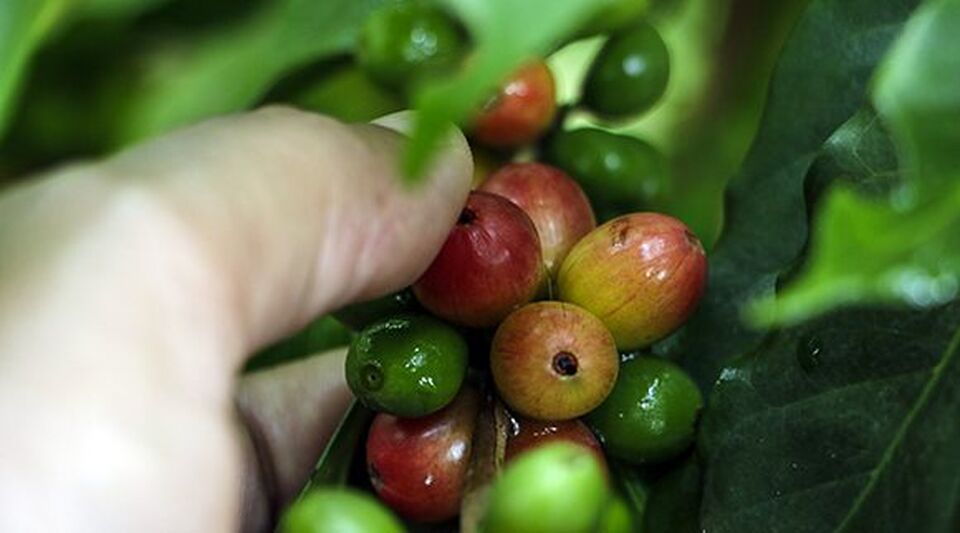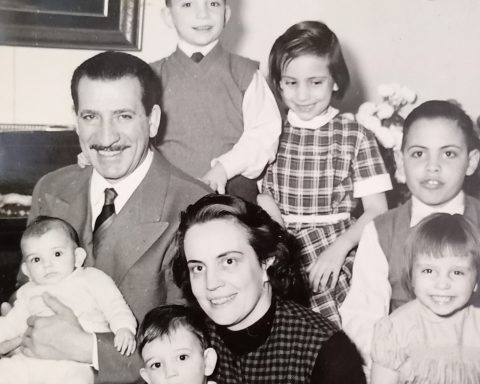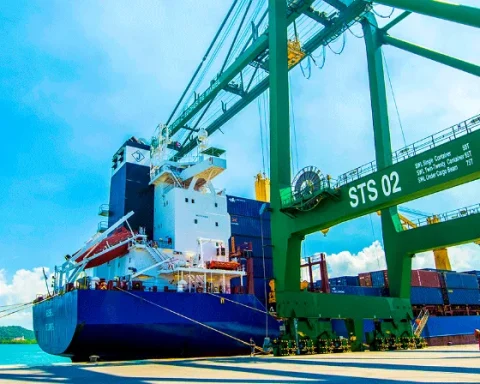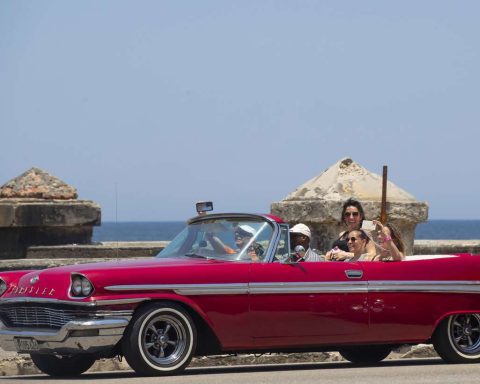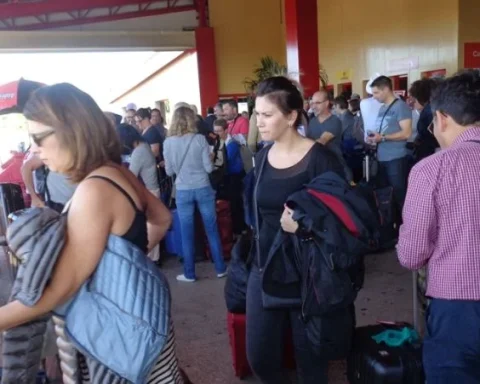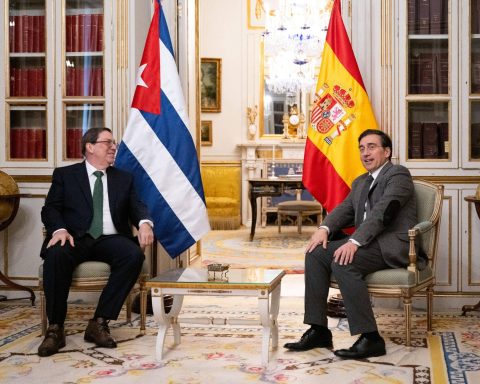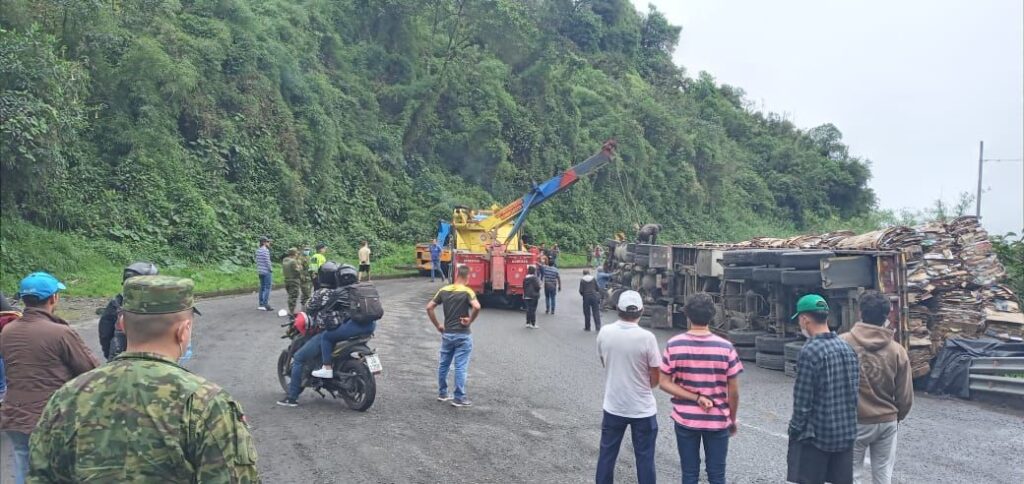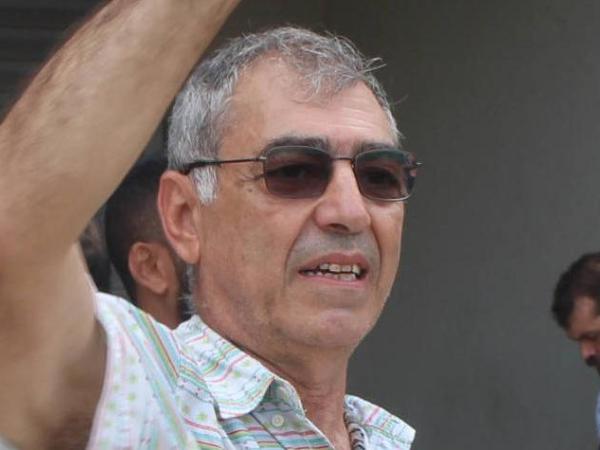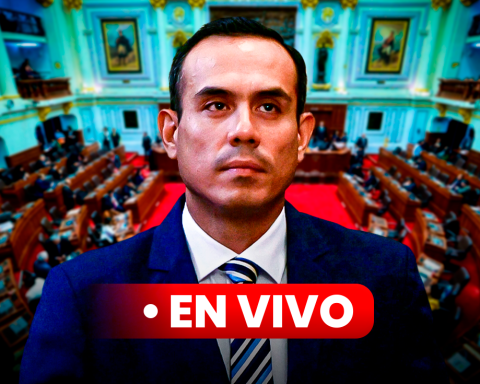One day it is the potato, another the rice and today the coffee. “We are not capable of supplying the demand for coffee in the country, of 24,000 tons, we are at 10,000 tons, therefore, we have to make an effort to look for yields,” says Elexis Legrá, director of Coffee, Cocoa and Coco in the state-owned Business Group. Agroforestry.
The statement is at the end of a long article of the official newspaper Tribune of Havana in which the promotion of the coffee program on the Island and, specifically, in the province is discussed.
Havana authorities met this Thursday with directors of companies linked to agriculture to discuss “good practices and potentialities” in the province to help reduce imports, although it does not seem that the sector is doing well considering the number of one of the most appreciated products by Cubans.
“You have to knock on the doors of all the producers in the capital who want to plant coffee”
“Havana can contribute a lot in terms of coffee. In this process, scheduled between February and March, we want producers, forestry farmers and workers to be surveyed in Havana. We must knock on the doors of all coffee producers. the capital who want to plant coffee,” said Legrá.
The text gives a detailed account of how this program aimed at promoting cultivation in the plain is being organized and the study that is intended to be carried out “aimed at establishing the necessary investments, while at the same time promoting the construction of a pulper.” Nor is the mantra of the 63 measures lacking, which is becoming more of a set phrase than of concrete results. And if that was not enough, Tribune of Havana a joke is allowed starting the text with a quote to the Dominican Juan Luis Guerra and his I hope it rains coffee in the field.
Justo Luis Fuentes, president of the Agroforestry Business Group, after referring to the role that science and producers should play, affirms that they are not knowing how to reach them when it comes to promoting the coffee program in the plain. “It is a task that commits us all to reach them with information and that can be done with the work of all parties involved to ensure that the movement continues to grow.”
The first secretary of the Party in the province, Luis Antonio Torres Iríbar, said that coffee must grow in Havana, “a product of solidarity among all, a coffee of difficult times” and called on producers to contribute in solidarity by cultivating not only for self-consumption, but to produce coffee in the plain. The official estimated that, just by completing the 30% or 40% of plants that are missing in the country’s coffee plantations, some 13,000 tons would be produced.
The first secretary of the Party in the province, Luis Antonio Torres Iríbar, said that coffee must grow in Havana, “a product of solidarity among all, a coffee of difficult times.”
The Cuban coffee that is purchased in the warehouses has been mixed 50% with peas for years in order to reach the population due to the inability to maintain sufficient production or import what is left. The one that is acquired abroad comes mainly from Vietnam, Brazil and Mexico.
In recent times, the difficulties in finding coffee have even reached the freely convertible currency storesand in the informal market it could reach up to 1,000 pesos for a package of one kilo or 250 pesos for a package of 250 grams this December.
Iríbar’s statements have brought to the memory of many residents of the Cuban capital the Cordón de La Habana project, promoted as of 1967 by Fidel Castro. The idea was to create an agricultural belt around the city in order to stock up on meat, dairy products, fruit and citrus.
El Cordón, with some 30,000 arable hectares, included the planting of coffee bushes of the caturra variety. To achieve this goal, thousands of state workers were assigned to the planting of these plants, which paralyzed companies, industries and offices. In the end, the project failed, and the following decade saw constant ups and downs in the city’s coffee supply.
The planners had missed a detail and everything indicates that they are about to repeat the same mistake: coffee does not perform well in flat areas and needs an altitude that ranges between 1,000 and 1,600 meters.
________________________
Collaborate with our work:
The team of 14ymedio is committed to doing serious journalism that reflects the reality of deep Cuba. Thank you for joining us on this long road. We invite you to continue supporting us, but this time becoming a member of our newspaper. Together we can continue transforming journalism in Cuba.
